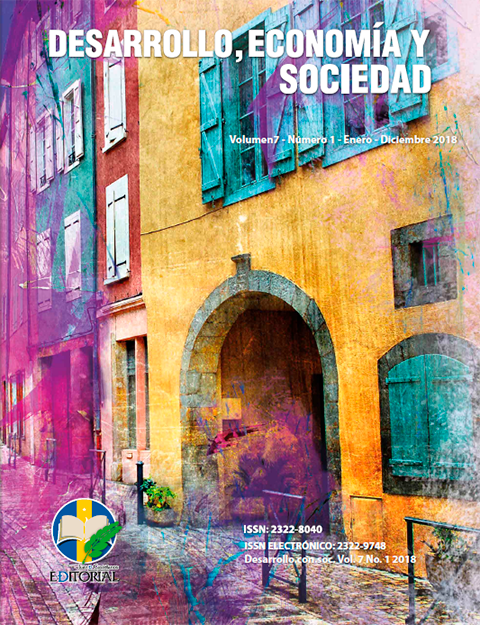Tunja's shopkeepers competitive profile and big retailers
DOI:
https://doi.org/10.38017/23228040.629Keywords:
Tunja, shopkeepers, retail, , small sized industry competitiveness, big retailers, free tradeAbstract
The objective of this article is to characterize the competitive profile of shopkeepers from Tunja city, how they have evolved and their competitive prospects, facing the growing phenomenon of retail wholesale supermarket chains. It is showed, firstly, the current situation of Tunja's storekeeper, performing an adjusted radiography to their managerial task, in administrative, accounting and tax processes; for this purpose, a random sample of 220 storekeepers was made, who was applied a stratified survey; secondly, the responses were analyzed, comparing the results against studies of secondary sources corresponding to big retailers. The analysis results indicated, that shopkeepers in Tunja city on managerial matters do not make use of the theories and administrative tools for the right business management, their administration is sometimes empirical, inherited and imitated from early twentieth-century trade. In conclusion, trade within the new ways implemented by the so-called "free trade" is highly competitive, the retail development with new information and communication technologies has taken paths of massive development compared to organizations that do not have it or practice.
Downloads
References
Chiavenato, I. (2004). Introducción a la teoría general de la administración. Bogotá: McGraw-Hill.
Cruz, J. (2014). El surgimiento de la cultura burguesa: Personas, hogares y ciudades en España del siglo XIX. Madrid: España Editores S.A. Recuperado de https://books.google.com.co/books?id=zq4gDgAAQBAJ&pg=PT151&dq=historia+del+comercio+minorista+en+el+mundo&hl=es-419&sa=X&redir_esc=y#v=onepage&q=historia%20del%20comercio%20minorista%20en%20el%20mundo&f=false.
Fayol, H. (1987). Administración industrial y general: Coordinación – Control – Previsión – Organización – Mando. Argentina: El ateneo. Recuperado de https://isabelportoperez.files.wordpress.com/2011/11/admc3b3n_ind_y_general001.pdf
Freedman, M. (1982). Capitalism and Freedom. Chicago: University of Chicago Press, Ltda.
George, C. S. & Álvarez, L. (2005). Historia del pensamiento administrativo. México: Pearson.
Guadarrama, P. (2009). Dirección y asesoría de la investigación científica. Bogotá: Investigar Magisterio.
Hernández, R., Fernández, C., & Baptista, P. (2010). Metodología de la investigación. México: McGraw-Hill.
Popper, K. (1997). El mito del marco común. En defensa de la ciencia y la racionalidad. Barcelona: Paidós.
Ricardo, D. & Smith, A. (2009). Principios de economía política y de investigación. Madrid: Aguilar.
Sánchez, D. P. & Sandoval, J. A. (2008). Una mirada al manejo de las herramientas de comunicación de venta en las tiendas de barrio de estratos 2, 3, 4, y 5 de Bogotá. Bogotá: Pontificia Universidad Javeriana. Recuperado de http://hdl.handle.net/10554/5140
Silva, H. (2011). Comportamiento de las superficies de Retail en Colombia. Pensamiento y Gestión, (30), 3-20.
Smith, A. (2004). Teoría de los sentimientos morales. México: Fondo de Cultura Económica.





